News
-
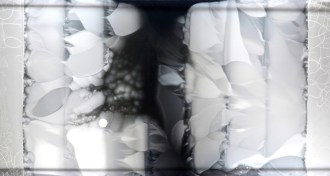 Life
LifeScientists watch as bacteria evolve antibiotic resistance
A giant petri dish exposes the evolutionary dynamics behind antibiotic resistance.
-
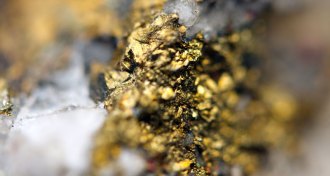 Earth
EarthWhere the young hot Earth cached its gold
A simulation of the infant Earth provides a new view of how the iron-loving precious metals ended up buried deep in the planet’s core.
-
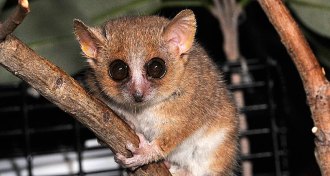 Life
LifeFossils hint at India’s crucial role in primate evolution
Ancient fossils from coal mine in India offer clues to what the common ancestor of present-day primates might have looked like.
By Bruce Bower -
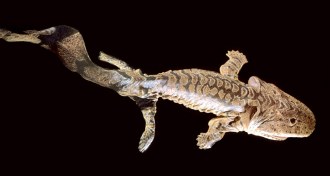 Paleontology
PaleontologyPreteen tetrapods identified by bone scans
Roughly 360 million years ago, young tetrapods may have schooled together during prolonged years as juveniles in the water.
By Susan Milius -
 Particle Physics
Particle PhysicsSupersymmetry’s absence at LHC puzzles physicists
Accelerator experiments find no evidence to support popular particle physics theory known as supersymmetry.
-
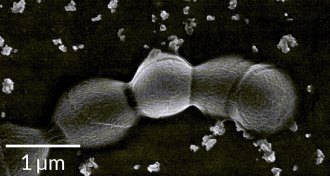 Health & Medicine
Health & MedicineBacterial weaponry that causes stillbirth revealed
Vaginal bacteria may cause stillbirth by deploying tiny weapons
-
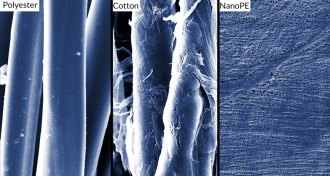 Materials Science
Materials ScienceHigh-tech cloth could make summer days a breeze
A plastic material like kitchen cling wrap may be the next big thing in high-tech clothing. The fabric lets heat pass through, but blocks visible light, making it opaque enough to wear.
By Meghan Rosen -
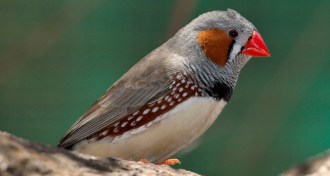 Animals
AnimalsIn drought, zebra finches wring water from their own fat
A zebra finch with no water or food can keep itself hydrated by metabolizing body fat.
By Susan Milius -
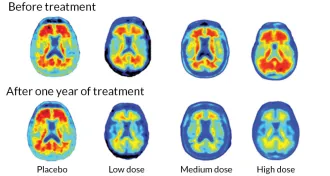 Neuroscience
NeuroscienceNew Alzheimer’s drug shows promise in small trial
A much-anticipated Alzheimer’s drug shows promise in a new trial, but experts temper hope with caution.
-
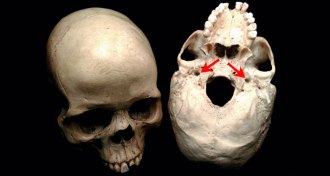 Humans
HumansBrain’s blood appetite grew faster than its size
Over evolutionary time, the energy demands of hominid brains increased faster than their volume, a new study finds.
-
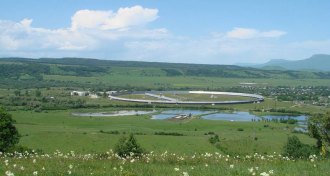 Astronomy
AstronomyRadio signal probably not from extraterrestrials
A possible radio signal from extraterrestrials probably originated a lot closer to home.
-
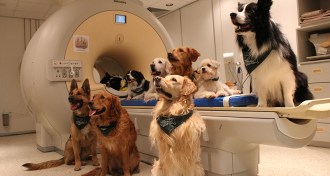 Animals
AnimalsDog brains divide language tasks much like humans do
Dogs understand what we say separately from how we say it.